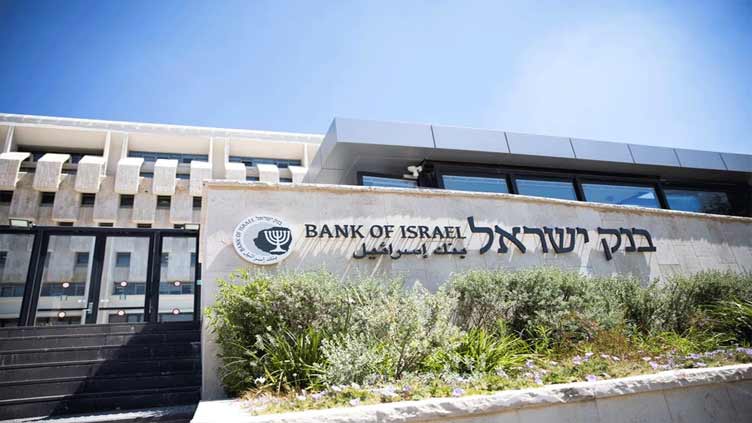Bank of Israel to sell $30bn of forex to stabilise shekel amid Gaza war

Business
The move appeared to quickly calm the market as the shekel recovered from steep early losses
JERUSALEM (Reuters) - The Bank of Israel said on Monday it will sell up to $30 billion of foreign currency in the open market, in the central bank’s first ever sale of foreign exchange, to maintain stability during Israel’s war with Palestinian in Gaza.
The move appeared to quickly calm the market as the shekel recovered from steep early losses.
“The bank will operate in the market during the coming period in order to moderate volatility in the shekel exchange rate and to provide the necessary liquidity for the continued proper functioning of the markets,” it said in a statement.
The central bank also said it would provide liquidity through SWAP mechanisms in the market of up to $15 billion.
“The Bank of Israel will continue monitoring developments, tracking all the markets, and acting with the tools available to it as necessary,” it said. Ahead of the announcement, the shekel had weakened by more than 2% to a more than 7-1/2 year low of 3.92 per dollar.
The shekel now stands at a rate of 3.86, down 0.6%.
The shekel was already weak, down 10% versus the US currency so far in 2023, largely due to the government’s judicial overhaul plan that has sharply curtailed foreign investment.
Israeli stock and bond prices slid 7% and many businesses were closed on Sunday, a day after Hamas group from Gaza killed 700 Israelis and abducted dozens more in the deadliest incursion into Israeli territory since Egypt and Syria’s attacks in the Yom Kippur war 50 years ago.
Israel has amassed forex reserves of more than $200 billion, much of it from buying forex since 2008 to try and keep the shekel from strengthening too much and harm exporters as foreign inflows to the country’s tech sector soared.
The last time the bank intervened was in January 2022. Last month, Bank of Israel Governor Amir Yaron told Reuters that despite the sharply weaker shekel that has helped to push up inflation, there was no need to intervene since there were no market failures.

